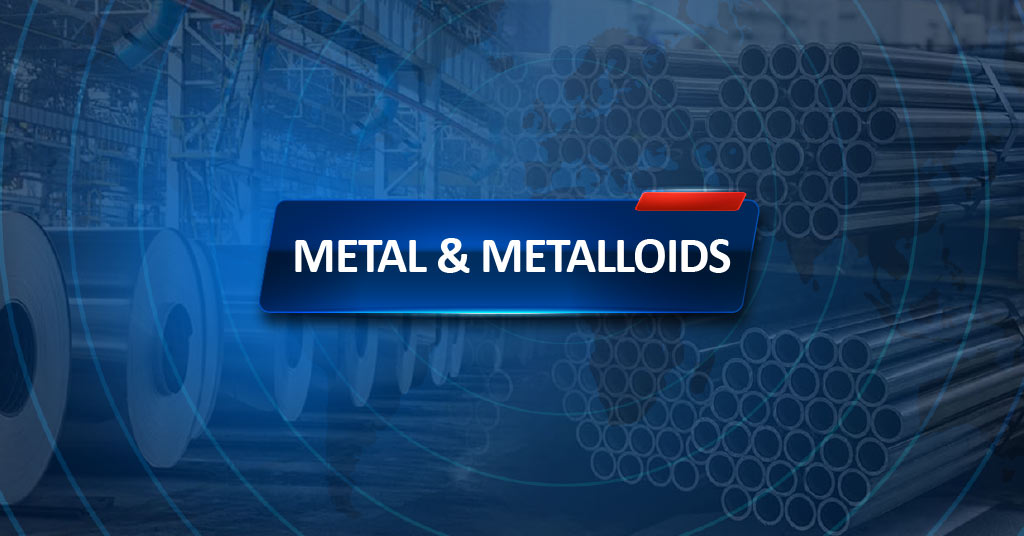Welcome To ChemAnalyst

Alcoa, the world's eighth-largest aluminum producer, has officially announced the phased closure of its Kwinana refinery in Western Australia. This decision, attributed to challenging market conditions and the refinery's aging infrastructure, will lead to a substantial reduction in the workforce, with over 750 jobs expected to be lost. By the third quarter of 2024, the workforce will be scaled down from 800 to approximately 250 employees. The closure underscores the broader economic challenges and changing dynamics in the global marketplace that impact the viability of industrial facilities.
The discontinuation of operations at the Kwinana refinery is poised to have a significant ripple effect on the global aluminum production landscape. The refinery's crucial role in alumina production, a key component in the manufacturing of aluminum, is emphasized. This strategic move comes in the wake of a shift in leadership at Alcoa, where the alumina business segment contributes around 28% of the company's total revenue.
Several factors have driven Alcoa's decision to close the Kwinana refinery, including the facility's 60-year-old age, its modest size, high operational costs, the extraction of low-grade bauxite, and a challenging market for the aluminum ingredient it produces. Despite the shutdown of production, the refinery's port facilities will remain operational, facilitating the export of alumina from Pinjarra and the import of raw materials essential to the alumina production process.
The decision to cease production has generated disappointment among local political figures and raised concerns about the environmental impact of Alcoa's mining activities. Madeleine King, the federal resources minister, underscored the community's adverse effects and emphasized the urgent need for support for the affected workers. Opposition leaders have criticized the government, attributing the closure to what they perceive as anti-business policies in energy, industrial relations, tax, and a failure in climate and energy policies.
The closure is seen as a significant blow to the Australian economy, prompting concerns about energy security risks, uncompetitive industrial relations laws, and complex approval processes. The Kwinana refinery played a vital role in the Western Australian community by contributing through salaries, wages, benefits, and supply contracts. Workers affected by the closure are seeking clarity on the timing of the impending shutdown. In response, the Western Australian government is proposing to establish a skills and training kiosk at the Kwinana site to assist workers facing job losses.
The complete cessation of production at the Kwinana Alumina Refinery has ignited political debates, with state leaders pledging support for displaced workers. The closure of the refinery also symbolizes a seismic shift in the global aluminum production landscape, a development that will continue to resonate in the years ahead.
We use cookies to deliver the best possible experience on our website. To learn more, visit our Privacy Policy. By continuing to use this site or by closing this box, you consent to our use of cookies. More info.
